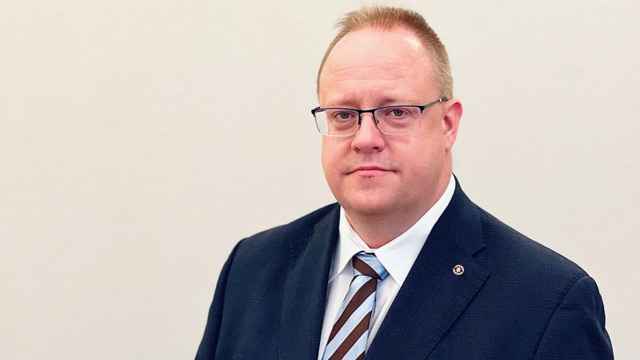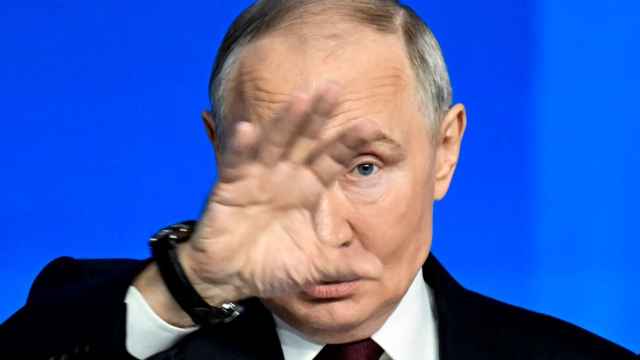Severance packages for senior managers at Russian companies are likely to be taxed starting next year, Deputy Finance Minister Sergei Shatalov said.
"Most likely we will in the nearest future make the decision that 'golden parachutes' will be taxed," Shatalov said last week at an American Chamber of Commerce tax conference, Interfax reported.
Companies already pay 34 percent tax social tax on severance packages for employees who are not part of senior management, and 13 percent is deducted as income tax. But the Tax Code exempts severance payments to general directors, executive directors, their deputies and the chief accountant, said Andrei Potseluyev, head of the Rosexpertiza accounting company.
A bill before the State Duma foresees a deduction of 13 percent income tax on senior managers' severance packages equivalent to more than three-months salary.
These payments usually involve very large sums — millions of rubles — and are payed out over a period of six months to a year or more, said Alinga Group's audit manager, Galina Belikova.
Next year the social tax — pension, health insurance and similar payments — that companies pay on severance packages will also be lowered to 30 percent, Belikova said.
Taxing compensation for ousted top executives was discussed at the last G20 summit, a Finance Ministry spokesman said. This was not the ministry's first attempt to tax severance packages of senior executives. An amendment to the Tax Code was submitted to the Duma in 2010 but has been dormant until now, Vedomosti reported.
Company executives sometimes use golden parachutes to give themselves a tax-free bonus. The executive is fired, given his package, then rehired after a period of time. Taxing the golden parachutes will eradicate this practice, Belikova said.
It is not yet clear whether taxing the golden parachutes will bring a significant amount of money into the budget, since it all depends on whether top managers are fired, the Finance Ministry spokesman said.
In the last three years, directors of several energy companies were sent packing with large bonuses. Mikhail Kuzichev, former general director of energy company OGK-2, received about 62 million rubles ($2 million); the former OGK-6 director and his deputy received 132.3 million rubles together; former Uralkali general director Denis Morozov received about $7 million, Vedomosti reported.
Polish vodka holding Central European Distribution Corporation, or CEDC — the largest vodka producer in the world, with five distilleries in Russia — recently established that its president, William Carey, and the company's other top executives will receive more than a million dollars each in severance payments if they are fired.
Sergei Kupriyanov, a minority shareholder of CEDC, told Kommersant last week that he considers golden parachutes unethical and inappropriate, especially since the company's stocks have fallen.
A Message from The Moscow Times:
Dear readers,
We are facing unprecedented challenges. Russia's Prosecutor General's Office has designated The Moscow Times as an "undesirable" organization, criminalizing our work and putting our staff at risk of prosecution. This follows our earlier unjust labeling as a "foreign agent."
These actions are direct attempts to silence independent journalism in Russia. The authorities claim our work "discredits the decisions of the Russian leadership." We see things differently: we strive to provide accurate, unbiased reporting on Russia.
We, the journalists of The Moscow Times, refuse to be silenced. But to continue our work, we need your help.
Your support, no matter how small, makes a world of difference. If you can, please support us monthly starting from just $2. It's quick to set up, and every contribution makes a significant impact.
By supporting The Moscow Times, you're defending open, independent journalism in the face of repression. Thank you for standing with us.
Remind me later.





